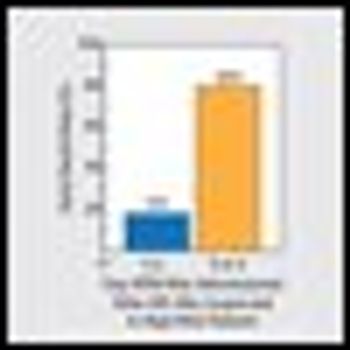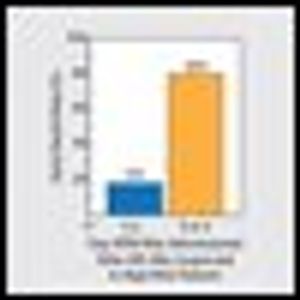
The treatment of APL in the modern era is a success of modern hematology. In this review we have attempted to plant the seeds of understanding regarding how diagnosis and treatment of APL will be pursued over the next decade.

Your AI-Trained Oncology Knowledge Connection!


The treatment of APL in the modern era is a success of modern hematology. In this review we have attempted to plant the seeds of understanding regarding how diagnosis and treatment of APL will be pursued over the next decade.

There has been dramatic progress in the management of acute promyelocytic leukemia during the past three decades. Important insights into the pathogenesis of the disease have come to light and effective treatment has been developed.

Most adult patients with hematopoietic failure due to myelodysplastic syndrome (MDS) are treated with supportive care measures, including hematopoietic growth factors (epoetin alfa, darbepoetin alfa, filgrastim, pegfilgrastim, sargramostim), red blood cell or platelet transfusions, and antimicrobial agents. Allogeneic stem cell transplantation can be curative, but only a small subset of patients are eligible for transplantation, and until recently there were few options other than supportive care for transplant-ineligible patients. Since 2004, the US Food and Drug Administration (FDA) has approved three new therapies specifically for the indication of MDS: two DNA methyltransferase inhibitors (azacitidine and decitabine) and an immunomodulatory agent (lenalidomide). Several other drugs are used by clinicians for treatment of patients with MDS, but are not specifically FDA-approved for this indication. With several therapeutic options available, yet none of them effective in the majority of cases, it can be challenging for clinicians to choose the most appropriate treatment for an individual patient. Here we discuss a risk-based management approach to MDS that incorporates recent data regarding these new therapies. While many questions remain about the optimal use of newer agents, the long-standing perception of MDS as a syndrome where therapeutic nihilism is the only realistic approach is slowly beginning to change.

This comprehensive text focuses on the pathophysiology of hematologic diseases. There is no field in which molecular techniques have been applied more fruitfully. Given the large amount of rapidly accumulating information in the field, this book fills a niche that will become increasingly important.

Therapeutic strategies are evolving for the treatment of patients with newly diagnosed acute myelogenous leukemia (AML), as well as for those with relapsed or refractory disease. Clinical and laboratory studies have demonstrated that AML is not a single disease, but a heterogeneous group of diseases with different clinical features and natural histories. There are variable responses to therapy depending on both the biologic characteristics of the disease and the clinical characteristics of the patient. Nevertheless, studies evaluating the outcomes of relatively large numbers of patients with newly diagnosed AML show that the majority still die of their disease.[1-3]

Published: March 1st 2002 | Updated:

Published: January 1st 2007 | Updated:

Published: May 1st 2002 | Updated:

Published: July 15th 2012 | Updated:

Published: July 15th 2011 | Updated: